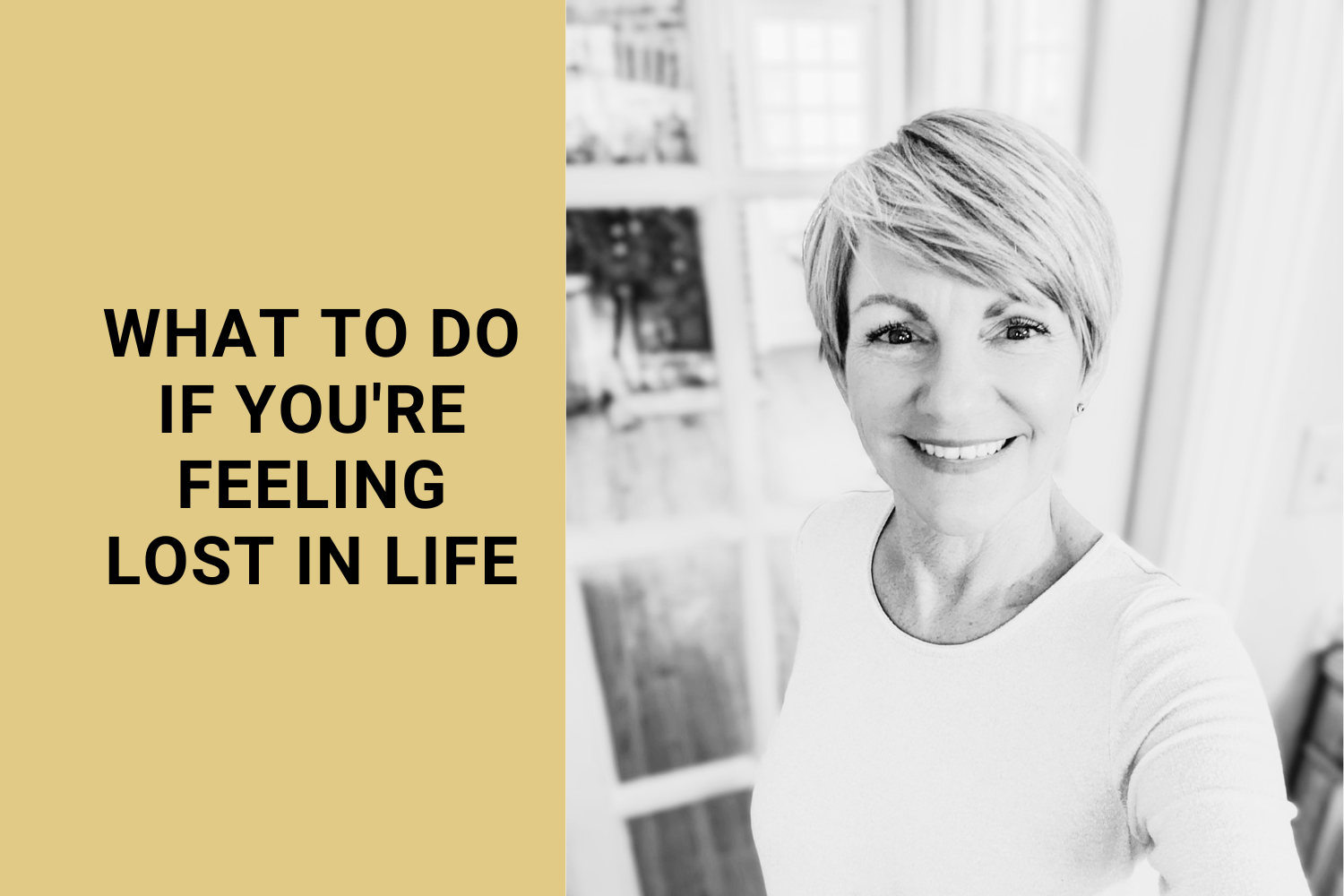Unhappy People Avoid Mindfulness
Marc Chernoff, author of 1,000 Little Things Happy, Successful People Do Differently, knows that mindfulness is essential for happiness. In 8 Things Unhappy People Refuse to Admit, avoiding mindfulness is #7:
7. They are addicted to avoiding themselves in the present moment. Acknowledging this addiction is the first step to healing it. So begin today by just noticing with curiosity, and without judgment, all of the ways in which you avoid being in your own skin, right here, right now, in this present moment we call life. (Read The Power of Now
.)
The root of that addiction is to avoid experiencing feelings, according to Chernoff. We will distract ourselves with anything and everything to avoid ourselves.
Distracting Yourself with Social Media
It’s easy to distract ourselves, too, with our fast-paced, abundant lifestyles. Plenty of food, booze, shopping. 24-hour tv with 300 cable channels. Video games, social networks, emails, cell phones and ipods.
Even heading out into nature isn’t what it used to be. I can hike to the middle of Patapsco State Park and be surrounded by hundreds of acres of forest, yet still be connected to social media sites and emails and disconnected from my self if I’m not mindful about silencing my phone.
Rus VanWestervelt discusses why social media leads to avoiding mindfulness in 3 Reasons Why So Many Resist Mindfulness.
Being mindful of our thoughts and actions, and the way we might express them, means that we also have to slow down and take responsibility for them. It is an awareness that requires the courage to say, “This is who I am; this is how I am living my life.”
Being Addicted to Work
Maybe you’re not a FB or twitter addict, but you could still be avoiding mindfulness and yourself if you’re addicted to work. Dr. Peggy Drexler, a research psychologist and gender scholar who studies women in the workplace, describes the effect of compulsive working:
Work is who they are, and how they define themselves. For many, it’s how they develop feelings of self-worth. This can be both empowering and dangerous. Just because work itself is a respectable pursuit doesn’t mean that an addiction to it is any less damaging than other sorts of addictions. -via Are You a Workaholic? – Huffington Post
Avoiding Mindfulness with Busyness
Even if you’re not hooked on social media or working long hours, it’s still easy to fall into the societal trap of disconnecting with your self and avoiding mindfulness. Tim Kreider wrote “The Busy Trap” last year for The New York Times and it went viral, for obvious reasons. Whether you’re in corporate America or a stay-at-home mom, you’ll see parts of yourself and your neighbors in his description of The Busy Trap.
Busyness serves as a kind of existential reassurance, a hedge against emptiness; obviously your life cannot possibly be silly or trivial or meaningless if you are so busy, completely booked, in demand every hour of the day.
It’s not as if any of us wants to live like this; it’s something we collectively force one another to do.
“The goal of the future is full unemployment, so we can play. That’s why we have to destroy the present politico-economic system.” This may sound like the pronouncement of some bong-smoking anarchist, but it was actually Arthur C. Clarke, who found time between scuba diving and pinball games to write “Childhood’s End” and think up communications satellites.
My old colleague Ted Rall recently wrote a column proposing that we divorce income from work and give each citizen a guaranteed paycheck, which sounds like the kind of lunatic notion that’ll be considered a basic human right in about a century, like abolition, universal suffrage and eight-hour workdays. The Puritans turned work into a virtue, evidently forgetting that God invented it as a punishment.
It may be awhile before we all get guaranteed paychecks, but that doesn’t mean we can’t slow down, be more mindful, and enjoy life. Whether it’s social media, compulsive shopping, workaholism, or busyness-scheduling, we can all practice awareness to stop the insanity of our “civilized” society, even if only for a moment, so we can reconnect with what’s important and why we’re really here.
Inspiration to Stop Avoiding Mindfulness
If you want some inspiration for why that’s important, read The Bus Ride & That Smile:
I am exceedingly grateful that I was not just there to witness it, but that I was fully there, to feel it, experience it, and be that active part of it that I needed to be. -via The Bus Ride & That Smile
That is REALLY why we’re here. To experience THAT with each other. Young or old. Parent and child. Coworkers. Friends. Lovers. Neighbors. Complete strangers. The other people sitting on the bus.



